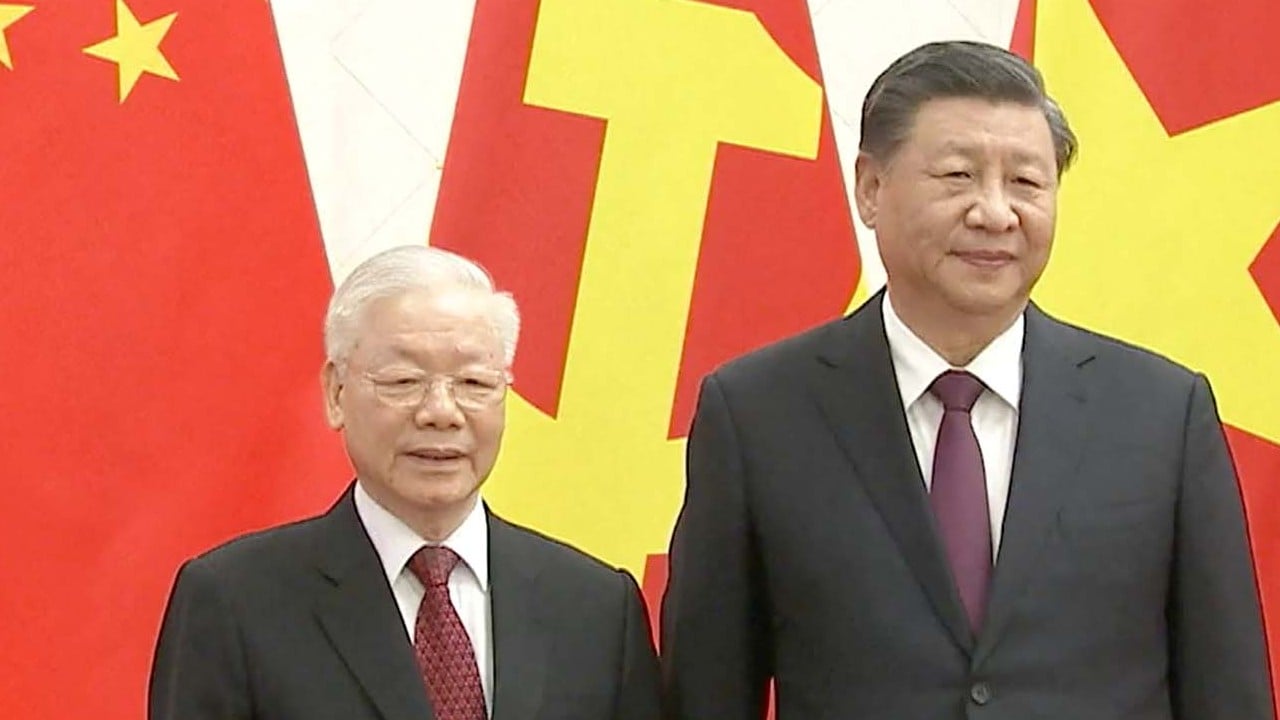
09 Jan Too big to ignore: China made up 15% of revenue for the world’s top 200 multinational companies in 2022, Bain’s data shows
China remains an important market for multinational corporations (MNCs) this year as executives eye opportunities from a rebound in consumption, even if their prospects have been bedevilled by challenges ranging from geopolitical risks to competition with local rivals.
China made up about 15 per cent of global revenue for 200 of the biggest MNCs from Japan, Europe and the US in 2022, according to Bain & Co’s data. Contribution by the world’s second-largest economy was even bigger for Tesla, Mercedes-Benz and the Japanese cosmetics brand Shiseido, which earned between 22 and 37 per cent of their revenue from China.
“It is important to take a longer term view on China instead of focusing on short-term volatilities,” said Bain’s Shanghai partner Bruno Lannes. “China’s economy will continue to grow and represent an increasing share of global revenues for MNCs doing business here.”
China’s economy is expected to grow 5.4 per cent in 2023, the International Monetary Fund said, a faster rate than the 3 per cent in 2022 when the country was hobbled by restrictions and partial lockdowns in pursuit of the government’s zero-Covid policy. The momentum may slow to 4.5 per cent in 2024, according to market forecasts compiled by Bloomberg, as piecemeal stimulus measures failed to overcome pessimism among corporate executives and consumers about the prospects of growth.

Still, China remains the biggest market for food and beverages, automotives, textiles and apparels, chemicals and chemical products, iron and steel, as well as consumer electronics, according to Bain.
The idea that China remains attractive for foreign companies despite macro volatilities was echoed by Alfredo Montufar-Helu, head of the China Centre for Economics and Business at The Conference Board, a global non-profit think tank.
‘Just in time’ morphs into ‘just in case’ as Covid-19 cuts supply chains
‘Just in time’ morphs into ‘just in case’ as Covid-19 cuts supply chains
“More business leaders are talking about the need to defend their China operations, and this is not only because of the significance of China as an end market for their products and services, but also because of its importance as a key node of their global supply chains thanks to its highly cost-efficient industrial ecosystem,” he said.
Supply chain diversification is a top priority for foreign companies seeking to strengthen their foothold in China, he said. Many MNCs are “localising as much as possible” in China, while developing new manufacturing hubs elsewhere to meet global demands.
“All this to say that most foreign MNCs in China are committed to this market and are making a real effort to strengthen the resilience of their operations against economic and geopolitical volatility,” he said.
MNCs in the automotive and electric vehicle (EV) industries have been diversifying their supply chains away from China as a hedge against sanctions and geopolitical uncertainties that could disrupt manufacturing, said Yang Jing, the director of China corporate research at Fitch Ratings.
These so-called “China+1” or “China+N” strategies – whereby companies look into developing economies beyond China for sourcing, manufacturing, and investments – could create risks for Chinese suppliers. Meanwhile, they could present opportunities for domestic players with technology leadership and cost advantages.
“Once foreign MNCs strengthen their cooperation with local suppliers along the EV supply chain, they could consider including these key partners to their ex-China supplier list,” she said.

“In 2024, we may see various forms of cooperation between Chinese and foreign carmakers and suppliers, including but not limited to production outsourcing, technology licensing, joint ventures and alliances in ecosystem services,” Yang said. “Mergers and acquisitions are more likely between deep-pocketed market leaders and tech-savvy EV supply chain start-ups.”
Yang expects foreign auto and EV makers to face greater competition from domestic players in the year ahead, given the latter’s capacity to launch new products at competitive price points, as well as faster adoption of autonomous driving systems. However, for MNCs seeking to maintain their shares in the China market, opportunities still exist in the form of joint ventures and mergers and acquisitions.
“The bottom line is, China still matters a great deal to MNCs, and companies equipped with adequate preparation, renewed knowledge, objective risk assessment, and sound competitive strategies can seize the rich opportunities the China market has to offer,” Bain’s Lannes said.

